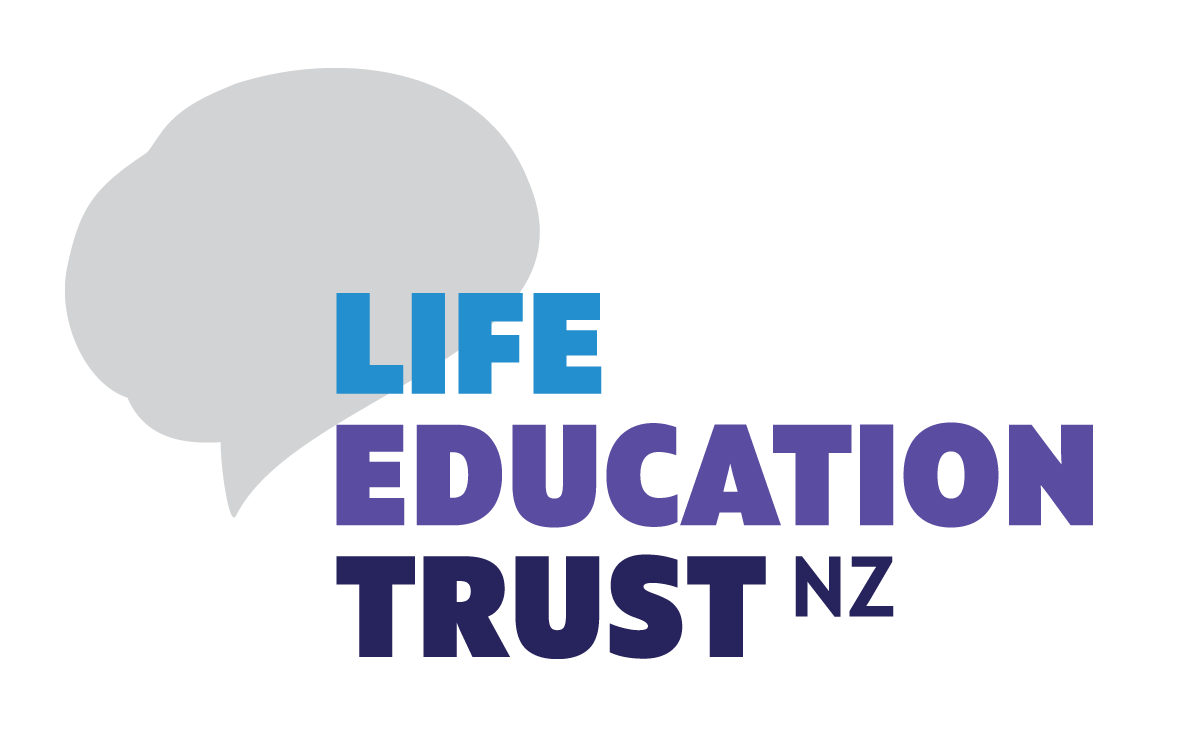Opening classrooms is only the first step at solving the bigger problem of kids missing school
School absenteeism is at a crisis point and will create a wave of consequences if we don’t start working together on a solution.
|
Research repeatedly shows what most of us know; there’s a strong relationship between school attendance and life outcomes. The likelihood a child will succeed increases when they go to school regularly; lots of absence from school goes with lower attainment. The impact is most pronounced in low decile schools. And right now, the numbers of school absences are dire. None of us should be turning our backs on this problem. If we don’t set our kids up to succeed, we’ll see increasing disparity in Aotearoa. That brings huge costs for social support and healthcare. Rather than equipping our population for a thriving future, we’re burdening tomorrow’s potential through today’s inaction. |
School attendance was already falling before Covid hit
Between 2015 and 2019, attendance fell to the point that only 42% of students attended regularly in lower decile schools.
The pandemic has repeatedly shut down classrooms and has had the biggest impact on our most vulnerable young Kiwis. After each lockdown, it takes a while for students to get back to school. The lag is longest in lower decile schools. After last year’s August lockdown, attendance at decile 10 schools returned to normal within a week. At decile 1 schools, it took an extra four school weeks. Worse, some young people simply never return to school.
We can only imagine how much Delta will amplify this crisis. Families are facing more uncertainty, hardship, and financial stress than before; Delta’s spread within schools is a terrifying spectre for teachers, students, and our communities.
Teachers are carrying a heavy load
When schools reopen, teachers will be asked to swallow any of their personal fears. They’ll have to work hard to get students up to speed and rebuild connection in classrooms. Final assessments are looming along with the end-of-year reporting and marking.
Despite this, the Ministry’s briefing suggests teachers still have room to do more in supporting attendance, particularly around ‘building relationships’.
At Life Education, we know teachers are stepping up, despite everything else on their plates. Even in the last month, we’ve seen a huge uptake for our free professional development sessions for teachers. These focus on understanding anxiety and learning how to help students feel safe.
Many families are barely surviving
It’s tempting to suggest parents just ‘make’ their kids go to school. But so many families are facing unemployment, poverty, housing and food insecurity. Demanding that school attendance becomes their priority may be unrealistic, and perhaps unfair. If a day’s work was your only chance of putting food on the table, wouldn’t you be tempted to call on one child to stay at home with the others – or allow the child to take that day’s work as an essential worker at the supermarket? Many parents are facing even tougher decisions.
The Child Poverty Action Group has found about 18,000 more children may have been pushed into poverty by the flow-on effects of the pandemic, for the year to March.
We can’t simply wait for the government’s systemic change
Only government can lead the broad strategy for an issue as big as childhood poverty. Absenteeism is a symptom of the same wicked problem. Sure, deep systematic change may eventually make a difference, but our children and their futures can’t wait.
Unlocking funding takes time, even when its well-directed. For example, Government has set up funds to give students extra support on mental wellbeing, such as the Urgent response Fund of $50 million. Teachers tell us they haven’t seen it hit the ground yet. Indeed, only two polytechnics have managed contracts to access a $25m fund for their sector. Other funds for schools to target attendance demand careful management, if not meanness.
Our charity, Life Education Trust has spent 30 years supporting the health and wellbeing of children. We’re New Zealand’s largest health education provider. We know that there’s a vital role for agile, responsive contribution to the broader system. We were named the leading external health provider in primary and intermediate schools in the National Monitoring Study of Student Achievement report, used in 86% of schools.
We all need to play a role and recognise expertise
Funding is critical but it’s an enabler only; we need more than that this to fix school absenteeism and its consequences. Expertise and collaboration are essential; we must all understand the role we can play. We must work together to build strong relationships between and within our communities, schools and whānau. This drives our work at Life Education Trust.
We provide resources and support to help teachers to continue the learning in the school classroom, and take-home packs for tamariki to explore with whānau. This year, we’ve built new relationships with organisations such as Anxiety NZ, Family Planning, and others. We’ve also updated our resources to help families get involved in children’s learning.
Life Education is not alone in bringing unique support. Other organisations are ready to provide school lunches, period products and more. Like teachers, we are all ready to unlock the change that we can make by working together.
John O’Connell, Chief Executive of Life Education Trust NZ
